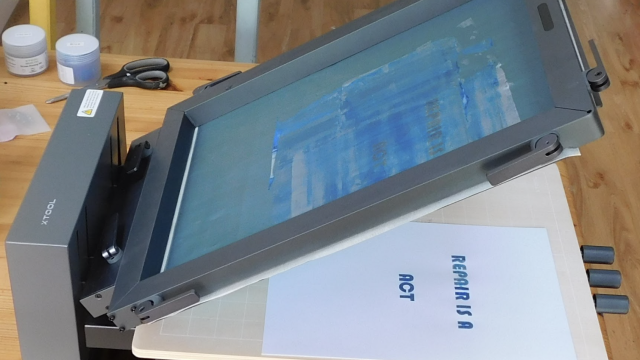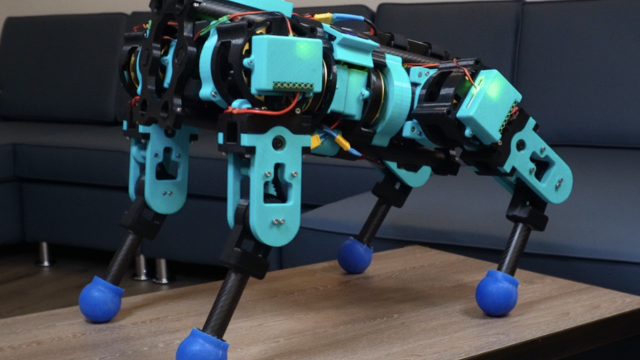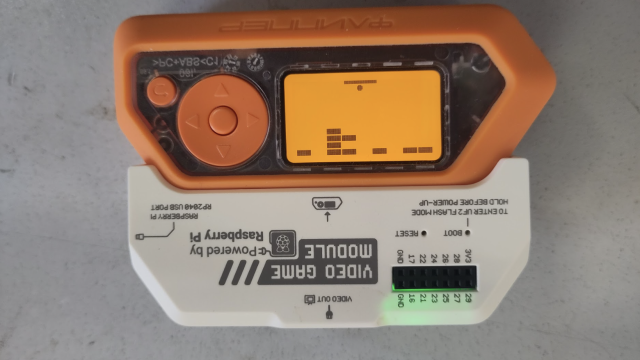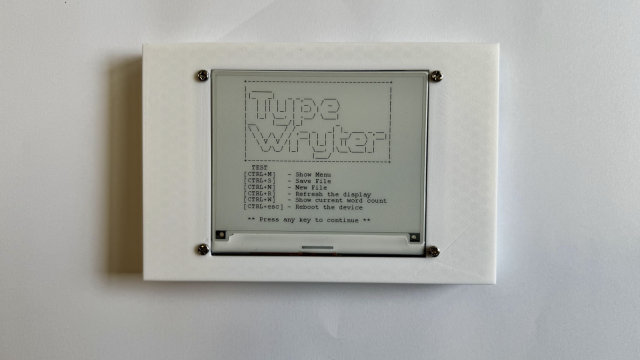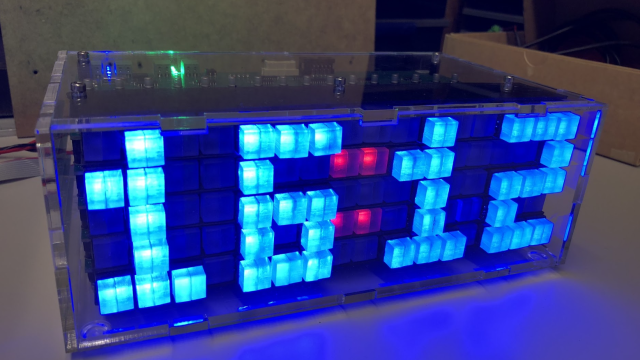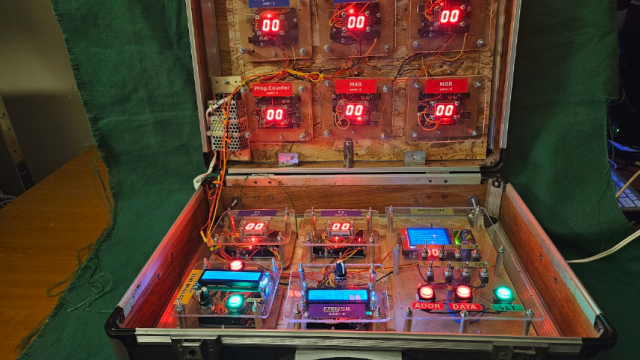Its internals, though, couldn’t be more different. The Gemini is, to all intents and purposes, an Android 7.0 ‘Nougat’ smartphone, with an added keyboard. A MediaTek Helio X27 processor packs ten cores of varying power and performance ratios, there’s 4GB of RAM, and 64GB of storage with microSD expansion – though this comes at the cost of losing the second SIM card slot in the 4G model, which can be used as a somewhat bulky phone.

A modern approach
The screen, too, is an unsurprising demonstration of the improvements made in the state of the mobile computing art over the last few decades. While its FHD+ resolution and impressive brightness are a great improvement over the monochrome LCD of its spiritual predecessor, there is visible masking at the corners which gives it a pleasingly rounded appearance at the cost of a handful of lost pixels.
While sold with Android, the Gemini isn’t restricted to Google’s mobile OS: Planet Computers has, in a twist on the traditional locked-down format of most commercial Android devices, released images for running a customised Debian Linux distribution or the mobile-centric Sailfish OS – or, if you’re willing to split the 64GB storage three ways, the ability to choose one of the three at boot time.
Sadly, this is where things start to go a little wrong. The process of installing Debian isn’t exactly beginner-friendly, and the reliance on a MediaTek tool aimed at engineers doesn’t help. Once installed, the experience is one of alpha test quality, while poking at the high-resolution screen with sausage-like fingers leaves you missing the stylus supplied by Psion with the original Series 5.

A bigger issue is in the impact the operating system switch has on performance and functionality. While the Gemini nips along nicely under Android, it’s considerably slower in Debian, while battery life during the video playback test drops from a respectable 9 hours and 15 minutes in Android to just 5 hours and 22 minutes in Debian. You also lose most 3D hardware acceleration and easy access to the 4G modem, though pre-release patches are available to bring at least basic communications functionality back for those on selected mobile networks.
Getting a physical
By far the biggest problem with the Gemini, though, is that it doesn’t do any of its self-appointed tasks very well. As a phone, it’s bulky and cumbersome to use, especially when accepting an incoming call: the lack of external display – something Planet Computers has hinted it may address with a paid-for hardware expansion in the future – means that there’s no way of knowing who’s calling you before you answer. As a PDA, its weak hinge mechanism – a far cry from the robust and smart sliding hinge system used on the Psion PDAs, which offered a rock-solid typing area and reduced the closed footprint of the device considerably – wobbles noticeably while typing, while tests comparing a fresh out-the-box retail unit with a pre-loved review sample, suggested the issue is likely to get considerably worse with prolonged usage.
Booting the company’s most recent Android operating system image, which was made available after a newer release on a more recent Android security patch level proved unstable and had to be withdrawn, presents the UK user with a German welcome screen. In addition, switching off the annoying key-click noise and vibration feedback for the physical keyboard requires changing the settings of the company’s virtual keyboard software and rebooting.
While documentation at launch was poor, Planet Computers has been working on a detailed manual which it is to provide to customers as a free download or paid-for print copy. It has also been developing a series of Android applications based on the software and user interface of the original Psion Series 5, bringing them screaming into the 21st century, yet proving familiar to anyone who used the originals.

The Gemini feels like a solid first step on the path to bringing back the clamshell PDA as an alternative to the sea of flat black glass rectangles that the modern smartphone market has become, but falls short. A revised model with significantly more polished software, a stronger Psion-like hinge which keeps the keys away from the glass screen surface, and a rear-facing display for notifications and messaging would certainly help. As it stands, however, the Gemini feels too half-baked to be worth the asking price.
Gemini £599 (£499 WiFi only) planetcom.co.uk
Verdict
A healthy dose of nostalgia for PDA fans, but hard to recommend beyond that.

